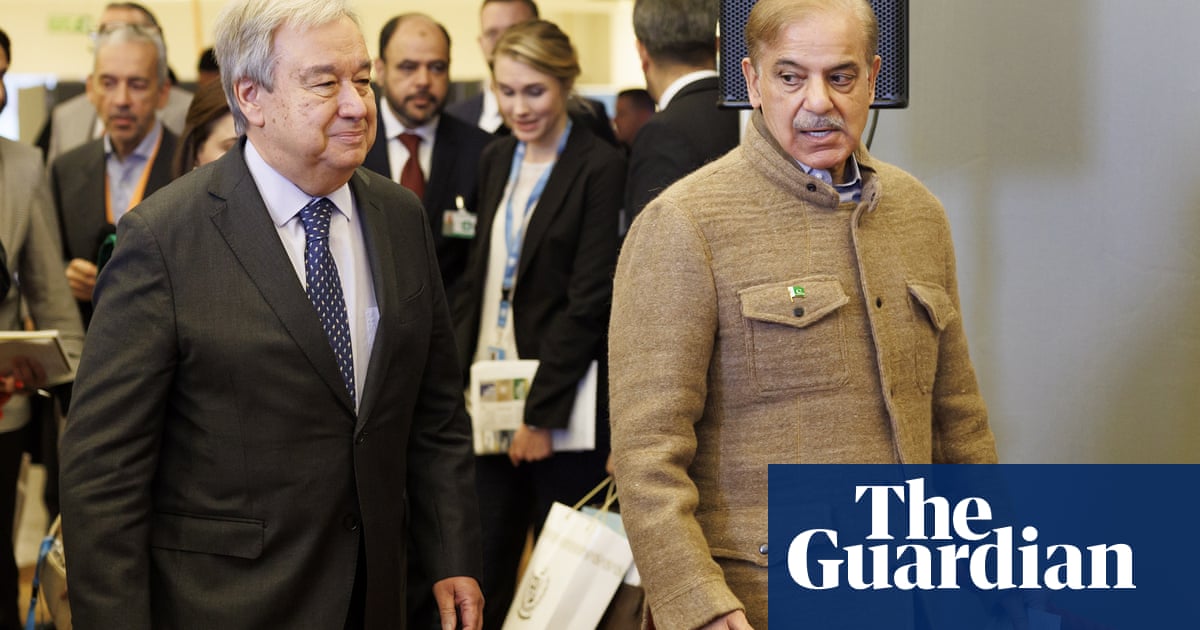
The process of rebuilding has begun once again for Rohingya refugees living in camps in Bangladesh after a week of heavy rains made thousands homeless.
The chest-high waters that flowed through parts of Cox’s Bazar have exposed the vulnerability of the area’s unplanned settlements, which have to be repeatedly repaired and rebuilt after flooding, cyclones and fires.
At least 21,000 refugees were displaced by heavy monsoon rains that began on 27 July and lasted for days. Flash flooding inundated the fragile shelters, which are made of bamboo and tarpaulin, with landslides crushing those perched on unstable hills.
Zahed Khan, a Rohingya youth activist who lives in the Kutupalong refugee camp, said: “All of our family was at home and we didn’t have any way to escape so we tried everything we could do to get rid of the water. We dug ditches to drain the water away.”
He said most of his family’s belongings and documents were damaged by the water. “We’re trying to rebuild, with difficulty because we don’t have the financial support to get materials. We spent days in the damaged shelter but after a few days some NGOs gave us materials like bamboo and tarpaulin.”
The main Kutupalong camp was established in the 1990s, but, since August 2017, it has rapidly expanded to become the world’s largest refugee camp. It is now home to 700,000 Rohingya who fled violence in neighbouring Myanmar.
Forests and hills were quickly cleared of vegetation by the refugees to make way for the expanding camp. But the mass deforestation has weakened the soil and rainwater runs straight off the hills instead of being drawn down into aquifers.
At least six Rohingya died in last week’s floods, along with 15 Bangladeshis. The rains damaged bridges, roads and paths used by the refugees to move around within the sprawling camps and which are crucial to deliver aid in hard-to-reach areas.
The UN refugee agency, UNHCR, said hundreds of clinics, aid delivery centres and toilets were damaged, though some have since been repaired. UNHCR said it provided kits to help tie down shelters ahead of the monsoon and cyclone seasons, and trained thousands of volunteers.
But with the camps locked down, as Bangladesh goes through its worst outbreak of Covid-19 yet, and after fires displaced tens of thousands of people earlier this year, the past week’s deadly rains have increased desperation among the Rohingya.
“The life we are having here at camp is like a sample of hell. We don’t want to live here for one minute,” said Mohammed Zonaid, a Rohingya photographer and aid worker whose shelter was damaged by a landslide.
“As long as we live here in the camp, we want to live safely and with dignity.”
He said the pandemic had reduced the presence of aid organisations, which meant less preparation was made for this year’s monsoon season.
“NGOs were not ready to deal with the rains and their lack of care meant people died and so many became shelterless,” said Zonaid.
He said more pressure needed to be put on Myanmar to give the Rohingya the right to return, a move that seems highly unlikely after this year’s military coup.
Many Rohingya refugees have lived in the camps in Kutupalong and Nayapara, also in Cox’s Bazar, since the early 1990s.
A fire in January destroyed the homes and belongings of 3,500 people in Nayapara, including shelters where many residents had lived for almost 30 years.
The families began a hunger strike in early July, refusing to take rations from the UN’s World Food Programme until they were given better living conditions.
One of the strike organisers said, on condition of anonymity, that eight women involved in the strike had been beaten by police, and organisers had been threatened.
The World Bank announced on Thursday that it was committing $590m (£420m) to help support the Rohingya and local Bangladeshi communities.
With the flooding devastating the region, the UN has stressed that support also needed to be provided to people living in nearby villages.
“Extreme weather affects us all,” said Jamie Munn, director of the Norwegian Refugee Council in Bangladesh.
“Host Bangladeshis in Teknaf and Ukhiya [districts], many of whom live in extreme poverty, are suffering the aftershock of floods as well. Currently, we are working directly with local government officials to ensure communities who graciously host refugees are not forgotten in the aftermath of disasters. A collective tragedy demands a collective response.”












